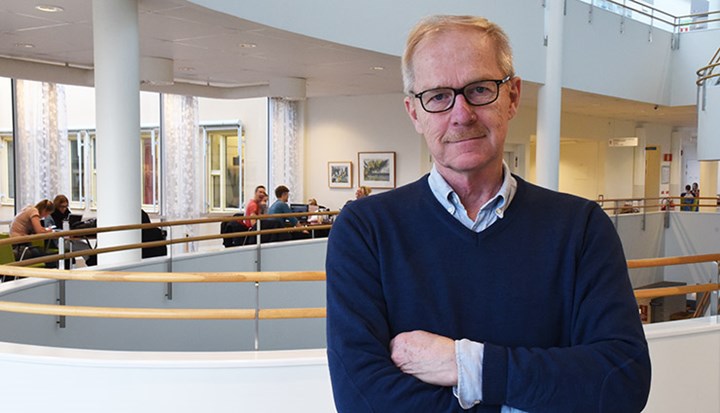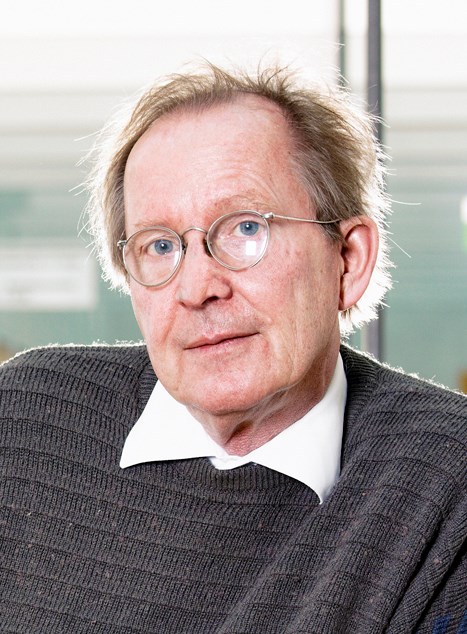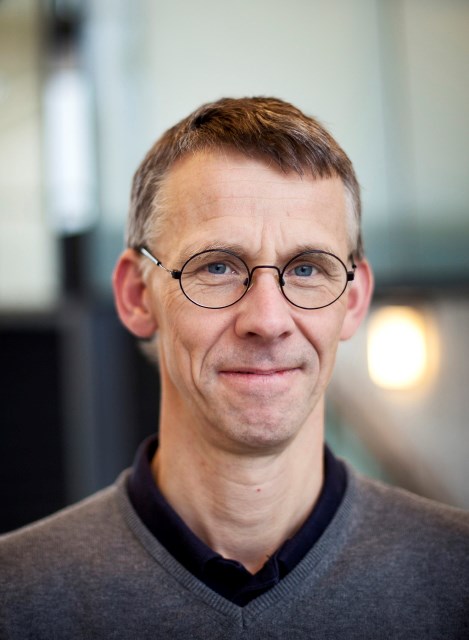Internet is not stimulating political engagement

Erik Amnå, Örebro University
Social media is not as social as originally thought – at least not when it comes to attracting more young people to get involved politically. That is one of the conclusions that can be drawn from a unique research collaboration at Örebro University.
What does young people’s political development look like today? How are their interests and commitments influenced? And what impact does the Internet have?
These were some of the fundamental questions asked by Erik Amnå, Professor of Political Science, Håkan Stattin, Professor of Psychology, and Mats Ekström, Professor of Media and Communication, when they initiated their unique collaboration. Between 2010 and 2015, fifteen researchers from the three different disciplines studied a group of young people to find answers to their questions.
Forming their own opinions – without adults
A total of 4,000 individuals between ages 13 and 30 participated in the panel study. Their best friends and parents were also interviewed. The material has been collected in a database and is ready to be used in future research. It will also be available for use by pupils, students, teachers and journalists.
Some of the research findings particularly surprised Erik Amnå. One is that young people form their own opinions to a much greater extent than previously thought, and make political choices independent of adult influence. Another is that only six per cent of today's youth are politically active.
“It is obviously an eye opener that so few are active and that so many are seemingly passive. A finding that turns on its head much of what we previously thought to be true.”
Many standing on the sidelines

Compare this small active group to the nearly 50 percent of young people who are interested, but not formally involved. They follow the news and are well informed. They trust the political institutions and stand ready to intervene, but not at the moment. They’re standing on the sidelines so to speak.
Another detail that researchers saw, is that young people take their practices with them onto the web. Cultures found in society at large are developed online, but this does not bridge the gap between active and passive individuals. Even though the web does not make youth more politically active, it is both influential and significant.
The web not drawing to politics
“The Internet offers many alternatives in terms of political engagement and the expectation has been that it would incite more political interest among young people. Our study shows, however, that that is not the case. The Internet has not provided an influx of new political participants, instead the web attracts only those who are already active offline,” says Erik Amnå.
The media researchers' studies show that many young people essentially stay out of politics, even if they are very active in social media in general. In the study, they saw that many youth primarily use social media to keep in touch with friends, to showcase themselves and their everyday life – things that are related to lifestyle and personal life.
Increased focus on one’s personal life
Many platforms are designed and geared towards those very activities. The research shows that extensive use of social media contributed to strengthening the focus on one’s person, and at the same time it had a negative impact on the development of humanistic and democratic values. Duties dealing with civic norms, virtues and traditional offline forms of engagement, were not strengthened either.
“It is not just us doing things on the web, the web is also doing things to us. It is alarming to see how today's algorithms lead people into echo chambers. It is important that we meet outside of these, that we make sure to meet people we would not otherwise meet. Both online and in real life. Here we believe schools play a major role,” says Erik Amnå.
Political sympathies develop early on

Development psychologists could also see that up to the age of 16, political interest and disinterest were formed, with subsequent change occurring only to a small extent. This is something which politicians, schools and teachers should be reflecting on, as well as its significance.
On 6 December, the material was presented at a conference in Stockholm, where social commentators, experts, bloggers and social media profiles were invited to attend. A popular science book was released at the same time.
Illegal practices for political gain
Several new research projects based on the collected data have now been started. Among these are studies on how tolerance is created in different environments, the significance of offline and online dialogue for political engagement, and why interest is not automatically converted into participation. Another issue to be examined is citizens using illegal methods for political gain.
“We need to remind each other that life is not a matter of fate, but that we all have the freedom to act. It is my hope that these research results can form a starting point for continued discussions, leading up to the celebration of the centenary of Swedish democracy in 2021," says Erik Amnå.
Text: Cathrine Gustavsson
Translation: Jerry Gray
